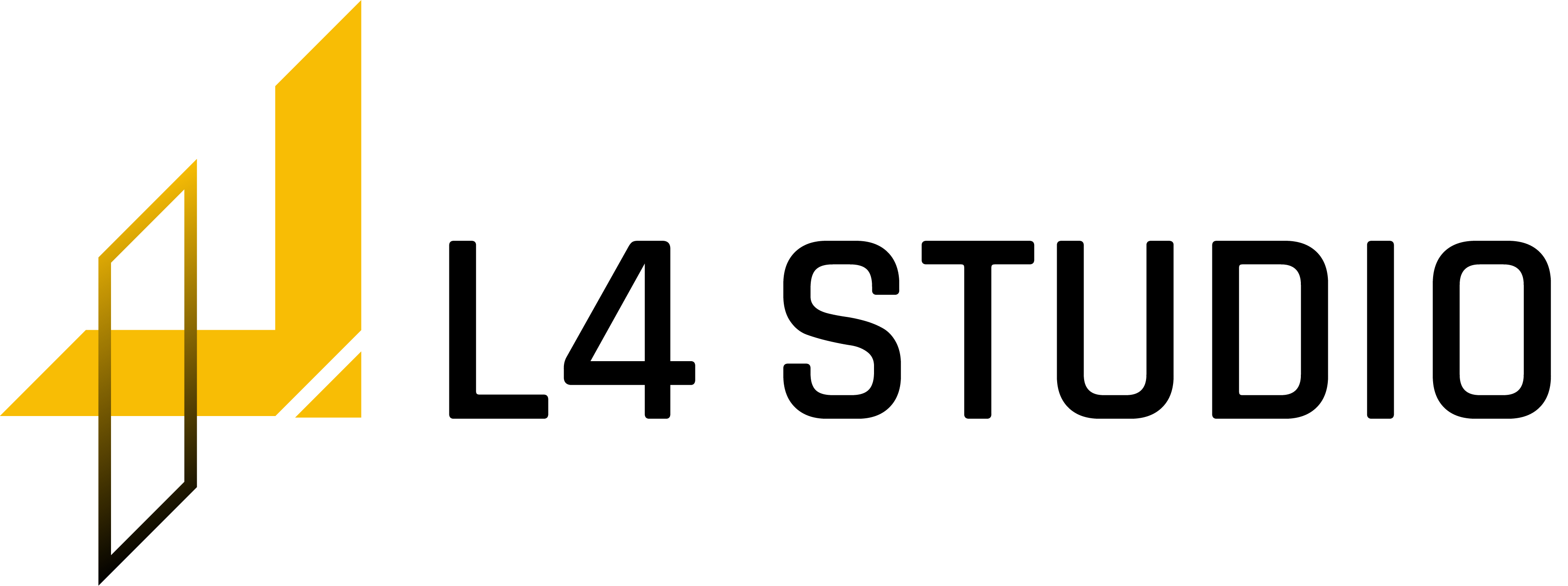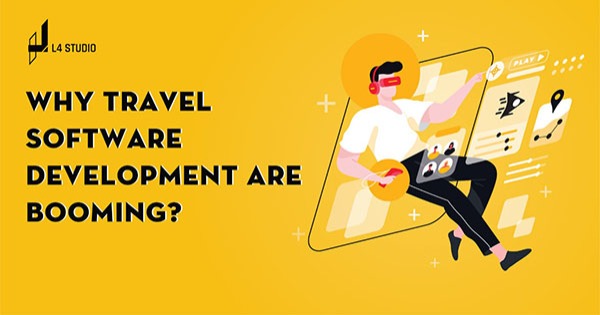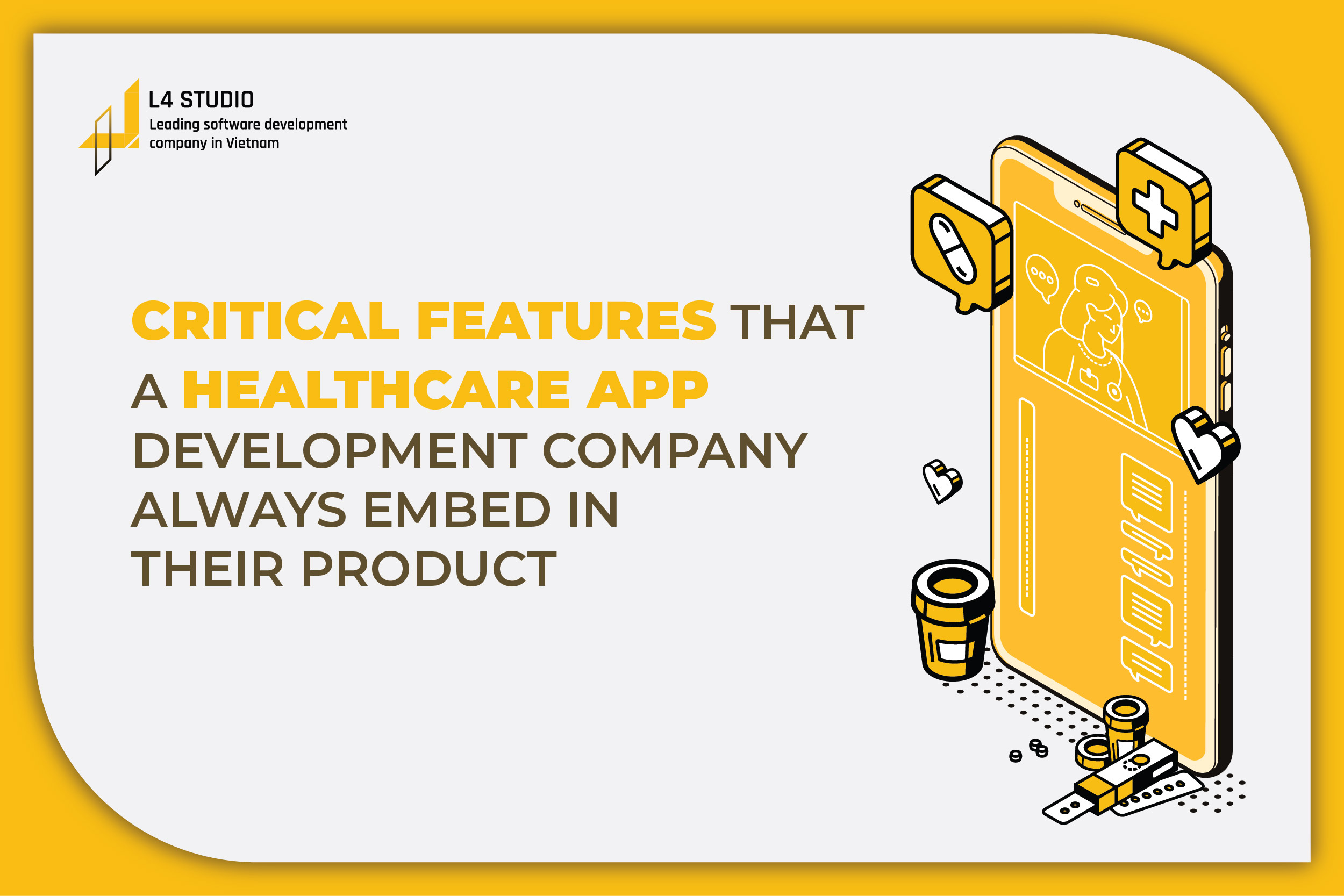
CRITICAL FEATURES THAT A HEALTHCARE APP DEVELOPMENT COMPANY ALWAYS EMBED IN THEIR PRODUCT
In recent years, there has been a surge in the development of mobile healthcare applications. Over 70% of patients believe it would be beneficial for their doctor to access their health data via an app. The growing demand for mobile health care is igniting a health revolution. The features included in health apps make it simple for users to record their health data and access medical treatment. It reduces the need for face-to-face doctor visits. But what are some essential features that a healthcare app development company can provide?
1. Simple and straightforward registration and login panel
Incorporating in-app user logins in healthcare apps can significantly decrease appointment wait times, as users can easily input their information. However, it is important for the login functionality to be seamless to provide a positive user experience. This can be achieved through the expertise of a healthcare app development company in UX/UI design. Creating a user-friendly interface that is easy to navigate and visually appealing is crucial for healthcare apps. It can help apps to stand out and enhance user experience.
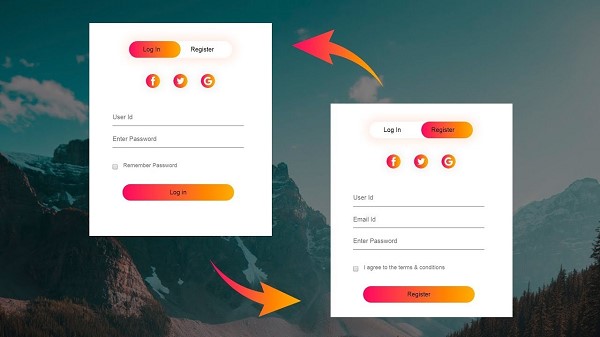
Figure 1. All healthcare apps should have a clean and straightforward login/registration panel
With a healthcare app development company’s help, registration features enable patients to create a personal profile and input relevant information. Nevertheless, the collection and storage of protected health information (PHI) in the app must be done in a secure manner to comply with HIPAA regulations. Any potential threats to PHI must be mitigated to prevent unauthorized access or data breaches, which lead to serious consequences. Adhering to HIPAA standards requires a healthcare app development company to implement robust security protocols to safeguard patient data. This ensures patient confidentiality and trust in the app.
2. Scheduling appointments
The integration of appointment scheduling functionality in a healthcare app has become a fundamental feature, meeting the expectations of patients. The convenience of scheduling appointments through a mobile app benefits both patients and healthcare providers. Real-time updates on available appointment slots can create a seamless user experience. A healthcare app development company should offer this feature to improve appointment booking convenience for users. Once a booking has been made, the healthcare app should send confirmation to the user, notifying them of upcoming appointments. Moreover, allowing patients to manage and reschedule their appointments via the app can enhance the user experience. From a healthcare provider perspective, this feature can streamline their scheduling process, reducing administrative burden and optimizing appointment management. Overall, incorporating appointment scheduling functionality in healthcare apps can improve patient satisfaction and reduce no-show rates, resulting in improved outcomes.
3. Patients can see the doctor’s profile
Patients must have the option to select their preferred doctor when using a healthcare app from a development company. Including a doctor profile look-up feature is crucial, especially if the app offers in-person or virtual healthcare appointment booking. The feature should enable patients to search for a doctor based on their specialty, location, availability, and other relevant criteria. Providing detailed information about each doctor’s qualifications, experience, and patient reviews can help patients make informed healthcare decisions. The user experience can be improved by enabling patients to easily find and book appointments with their preferred doctor. This feature can increase patient satisfaction and loyalty.
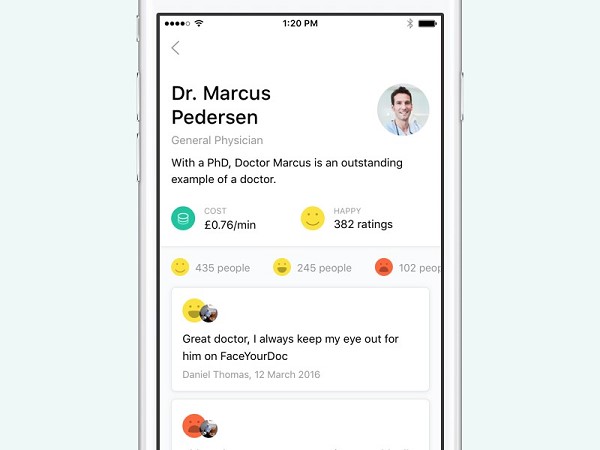
Figure 2. Patients able to see doctor profiles can increase the overall customer satisfaction
Patients can look up credentials and choose a doctor based on their experience or the reviews of other users. Requesting geolocation as an extra feature from your healthcare app development company can help users connect with nearby doctors easily. It provides a convenient way to access healthcare services when and where they are needed.
4. Notification and reminder
In-app reminders and push notifications are essential features that should always be included in your healthcare app. Push notifications are a double-edged sword, so any healthcare app development company must exercise caution to avoid becoming too intrusive.
When implemented correctly, appointment reminder features can significantly increase user engagement in healthcare apps. Such features allow healthcare providers to send reminders for upcoming appointments and reduce the number of missed appointments. Reminders sent via push notifications, emails, or SMS can increase appointment attendance and improve patient outcomes. Additionally, appointment reminders can enhance the user experience by providing a convenient way for patients to manage their healthcare appointments. By improving appointment attendance rates, healthcare providers can optimize their scheduling process, reducing the administrative burden and improving efficiency. Overall, the appointment reminder feature can benefit both patients and providers, leading to improved patient satisfaction and better healthcare outcomes.
Medication reminders that send notifications to patients at pre-set times can also help to increase medication adherence and play an important role in improving overall health outcomes.
5. Patients can make a video call with doctors through the healthcare app
Over the past few years, telemedicine has gained popularity with hospitals and healthcare providers offering virtual consultations to their patients. Telemedicine’s convenience and accessibility make it an appealing choice, especially for those in remote areas or with limited healthcare access. A healthcare app development company must prioritize the inclusion of secure and encrypted audio and video consultation features in their apps to ensure patient privacy and compliance with regulatory standards. This technology provides a convenient way for patients to connect with their healthcare providers remotely, saving them time and money. Additionally, virtual consultations can help reduce the spread of infectious diseases, making them a crucial tool during public health emergencies. Healthcare apps that offer virtual consultations can enhance access to care, improve patient satisfaction, and lead to better patient outcomes.
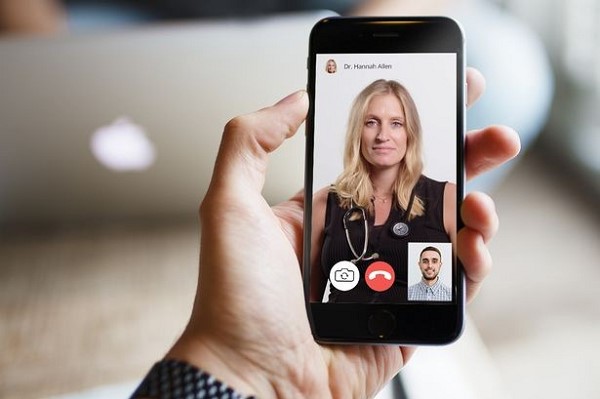
Figure 3. Able to let doctors diagnose symptoms through apps is an essential feature, especially after the COVID-19 pandemic
Adding a feature that allows physicians to access patient records during virtual consultations can improve healthcare delivery efficiency. This can help doctors access clinical history, leading to better patient outcomes. Any data collected, stored, and transmitted through the app must adhere to HIPAA security and privacy regulations.
6. In-app chats and a symptom checker
As patients become more technologically savvy, symptom checker apps and websites have become quite popular.
Incorporating a symptom checker and a database of verified healthcare information can establish a healthcare app as a reliable source of information and enhance user engagement. This can lead to increased user satisfaction and loyalty.
Artificial intelligence-powered chatbots can be incorporated as the first point of contact for patients. Utilizing AI and ML algorithms, chatbots can assess the severity of symptoms and provide appropriate guidance to patients. If necessary, the chatbot can direct patients to book appointments with healthcare professionals on the app. This feature not only provides a quick response to patients’ queries but also improves the efficiency of healthcare delivery. Healthcare apps can leverage AI-powered chatbots to provide patients with quick assistance and reduce the burden on healthcare providers. This can result in significant cost savings and improved patient outcomes.
7. Medical device integration
The future of healthcare will undoubtedly be data-driven. Medical devices and healthcare wearables contain a goldmine of patient data being mined in order to improve overall health outcomes.
Physicians can make data-driven decisions about the patient’s treatment regimen by having access to the data collected by medical devices.
A healthcare app development company can give patients a comprehensive overview of their health statistics, increasing engagement in their health.
Integrating medical devices with a healthcare app and providing a dashboard for patients can improve healthcare delivery and patient engagement. This feature can provide patients with an overview of their health status and help healthcare providers to monitor patients remotely.
8. Able to access the media records
In today’s healthcare landscape, accessibility is crucial, and patients expect to have access to their medical records whenever necessary. Cloud-based storage of healthcare data is not only secure but also guarantees that medical records are readily accessible to both patients and healthcare professionals. Storing patient data in the cloud provides easy access to critical information like medical history and test results. Healthcare app development companies can benefit from this by utilizing the data to improve healthcare delivery. Patients can also review their medical records and communicate with their doctors or nurses from anywhere, at any time. This feature of cloud-based storage enhances the patient experience and ensures medical records are up-to-date and accessible by authorized individuals.
Secure healthcare data sharing can also be beneficial when a patient needs to be referred to a specialist. Access to their own medical records also provides patients with better access to health-related information while also empowering them.
Access to medical records via HIPAA-compliant cloud servers is a feature that should be included by your healthcare app development company when developing a healthcare app.
9. Prescription monitoring
The use of e-prescription apps enables doctors to generate and send prescriptions to patients, thereby improving patients’ comprehension of the prescribed medication and dosage schedule. Digital prescriptions have eliminated the issue of illegible handwriting and significantly reduce the risk of medication errors. Patients can view their prescription information on the app and receive reminders to take their medications on time, increasing medication adherence and reducing the risk of missed doses. The e-prescription feature streamlines the prescription process, reduces administrative tasks, and improves patient safety by eliminating manual errors. By incorporating this feature into their healthcare app, healthcare providers can improve patient satisfaction, enhance medication adherence, and ultimately lead to better patient outcomes.
A pharmacy look-up feature in a healthcare app can enable patients to check for medicine availability, drug-related information, and alternatives to the prescribed medication. This feature can enhance patient convenience and safety, leading to better health outcomes.
10. Patient’s online social
Enabling patients to communicate with one another was shown to promote healthy behaviors and provide support to aid in recovery. By creating a supportive environment, patients are more likely to participate in their healthcare journey, leading to improved results. This feature encourages patients to share their experiences, provide advice, and offer support to their peers, creating a sense of community and promoting a positive outlook towards healthcare. By incorporating a patient-to-patient communication feature in healthcare apps, patients can gain access to a vast network of support, which can ultimately lead to improved treatment adherence, patient satisfaction, and better outcomes.
It was successful in the past to include a community feature in apps, especially for those targeting particular medical conditions. It has also demonstrated success in apps, particularly those focusing on the health of women.
11. Health education system
Healthcare expenses in the United States are thought to total $2.7 trillion annually due to chronic illnesses. As a result, it’s thought that healthcare applications are helpful for both preventing and stifling the progression of chronic illnesses. One of these attempts entails the distribution of appropriate and current health education through the use of mobile applications.
This generation benefits greatly from health apps and a healthcare app development company that makes it convenient for them to obtain the knowledge they need to understand their physiology and the science that underpins their health. Health education is an essential component.
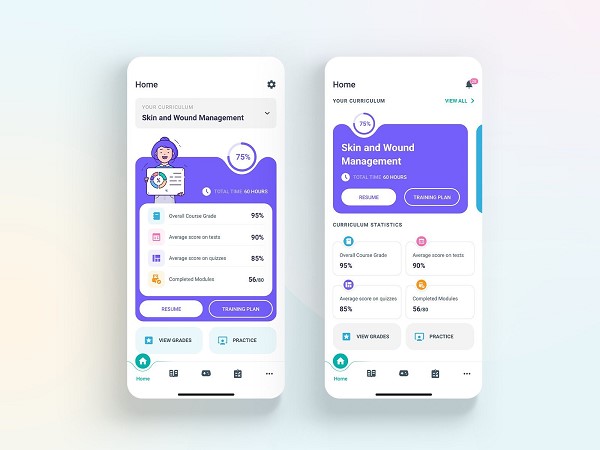
Figure 4. Healthcare education apps help increase overall human health and also increase your brand recognization
It is essential that consumers have access to information on wellbeing-related topics like diet, exercise, the human body, mental health, and other related topics. Users also need to be aware of illnesses and how to manage or treat them.
Anatomy, terminology, medical references, and even access to statistics, journals, and literature are all available in one of the most helpful health apps. Medical students can greatly benefit from these as well. Anyone who is willing to learn and keep up with their health information can benefit from it.
Conclusion
The development of digital health apps has gained new momentum as a result of the COVID-19 virus’ quick spread. The number of healthcare solutions being developed is accelerating due to the growing popularity of apps. To not be left behind by your competitors, it is better to work with a healthcare app development company to create your desired health app, which helps your customer be more satisfied with your services.
Source: Internet
——————————
L4 STUDIO – LEADING SOFTWARE DEVELOPMENT COMPANY IN VIETNAM
Website: https://l4studio.net/
Email: hi@l4studio.net
Phone: (+84) 28 6675 6685
Our Mobile App Development Services: https://l4studio.net/mobile-app-development/
For more exciting blogs: https://l4studio.net/it-knowledge/
Follow us at: https://www.facebook.com/L4Studiovn/
Read more:
